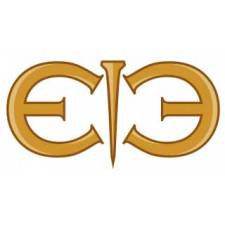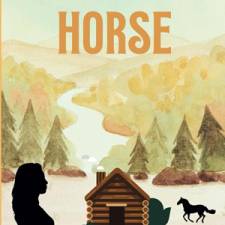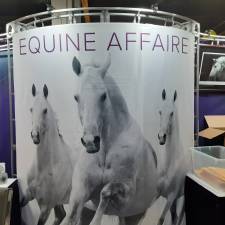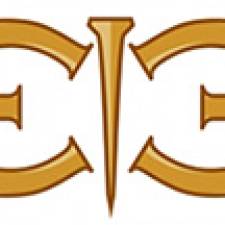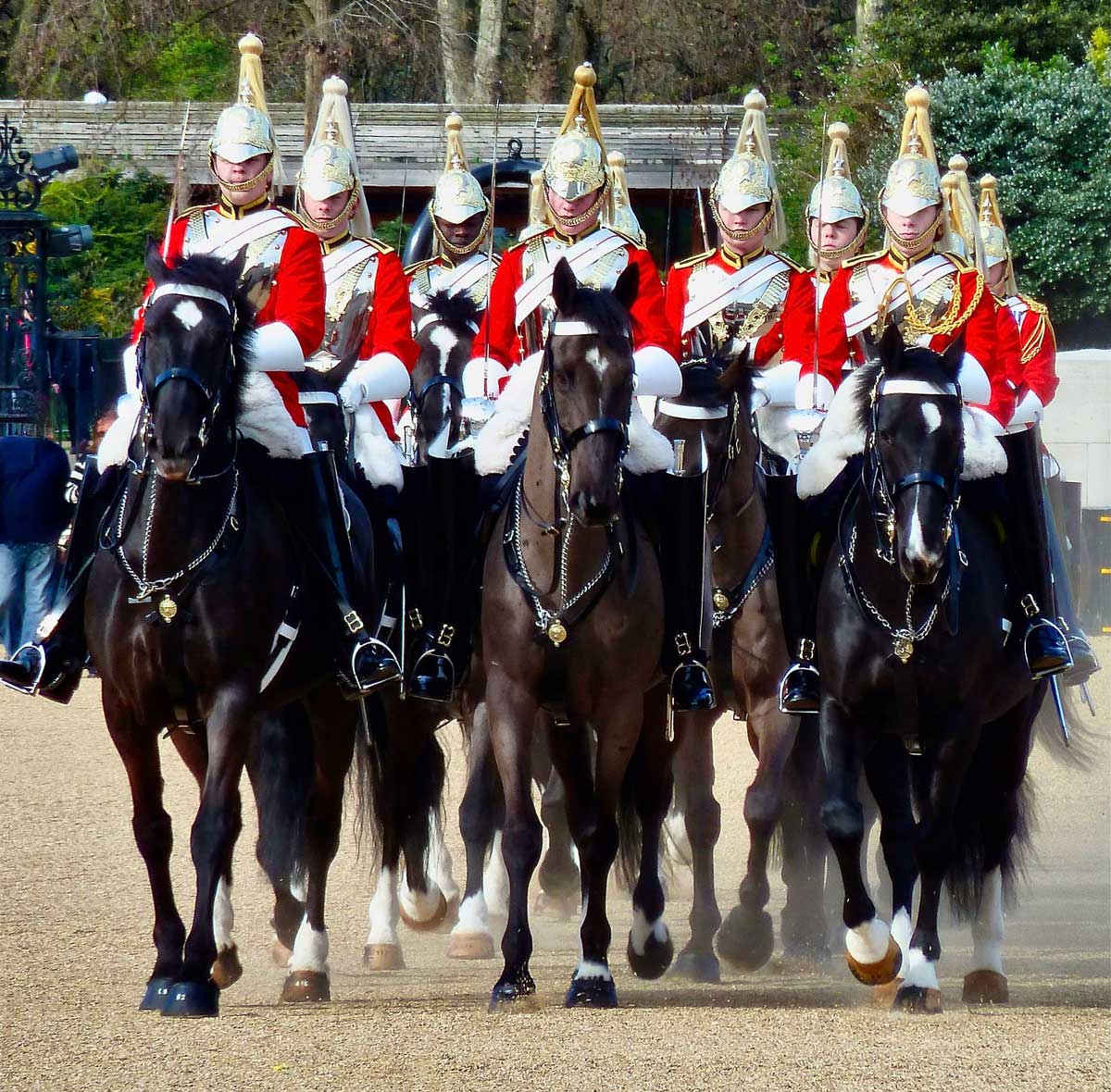
Horses have been an important part of European culture for centuries, and many countries have deep ties to equestrian traditions. From equestrian sports to working horses in agriculture, horses have played an important role in the history and culture of many European countries. And, they still play an active role in society, similarly, online roulette. Here are some of the countries in Europe where horse stables are considered an integral part of their culture.
Spain
Spain is well known for its equestrian traditions, with the Andalusian horse being one of the country's most famous breeds. The Spanish Riding School in Vienna, Austria, is dedicated to preserving the classical dressage traditions that originated in Spain. The sport of bullfighting also has a close relationship with horses, with trained horses called "picadors" used to help weaken the bull before the matador enters the ring.
Italy
Italy has a long equestrian tradition, with horses being used in agriculture and transportation for centuries. The country is also home to the Carabinieri Cavalry, a branch of the Italian police force that has a long history of using horses in their work. The Palio di Siena, a horse race held twice a year in the Tuscan city of Siena, is also an important part of Italian equestrian culture.
France
France has a rich equestrian tradition, with the country being home to some of the world's most famous horse races, such as the Prix de l'Arc de Triomphe and the Grand Prix de Paris. The country is also home to the famous Cadre Noir, a military riding school dedicated to preserving classical dressage techniques.
Ireland
Ireland has a strong equestrian tradition, with horses playing an important role in the country's agriculture and sport. The Irish thoroughbred is a famous breed of horse, with Ireland being home to some of the world's most famous horse races, such as the Cheltenham Festival and the Irish Derby.
United Kingdom
The United Kingdom has a long equestrian tradition, with the country being home to some of the world's most famous horse races, such as the Grand National and Royal Ascot. The sport of polo also has strong ties to the UK, with the country being home to some of the world's most famous polo clubs, such as the Hurlingham Polo Association.
Hungary
Hungary has a long equestrian tradition, with horses being used in agriculture and transportation for centuries. The country is also home to the famous Hungarian Horsemanship School, which has a long history of teaching classical dressage techniques.
Poland
Poland has a strong equestrian tradition, with horses playing an important role in the country's history and culture. The Polish Arabian horse is a famous breed, with Poland being home to the famous Janow Podlaski Stud Farm, which has been breeding Arabian horses for over 200 years.
Austria
The Lipizzaner horse is a breed of horse that is synonymous with Austria. These horses are raised and trained at the Spanish Riding School in Vienna, which is the oldest riding school in the world. The Lipizzaner horses are known for their strength, agility, and beauty, and are trained in classical dressage.
Portugal
Portugal is home to the Lusitano horse, which is considered one of the oldest breeds in the world. These horses have been bred for bullfighting, dressage, and equestrian shows, and are renowned for their intelligence and agility. The Portuguese School of Equestrian Art, located in Lisbon, is a training center for Lusitano horses and is open to visitors.
Romania
Romania has a rich equestrian culture, with horses playing an important role in traditional events such as weddings and festivals. The country is home to the Hucul horse, which is a small but hardy breed that is well-suited to the rugged terrain of the Carpathian Mountains. There are several riding schools and stables in Romania that offer horseback riding tours through the countryside.
In conclusion, horses have played an important role in the history and culture of many European countries. From equestrian sports to working horses in agriculture, horses have been an integral part of daily life for centuries. Whether it's the classical dressage techniques of Spain or the famous horse races of the United Kingdom, each country has its unique equestrian traditions that are an important part of their culture.
There are more relevant articles in our section on Recreation & Lifestyle.








